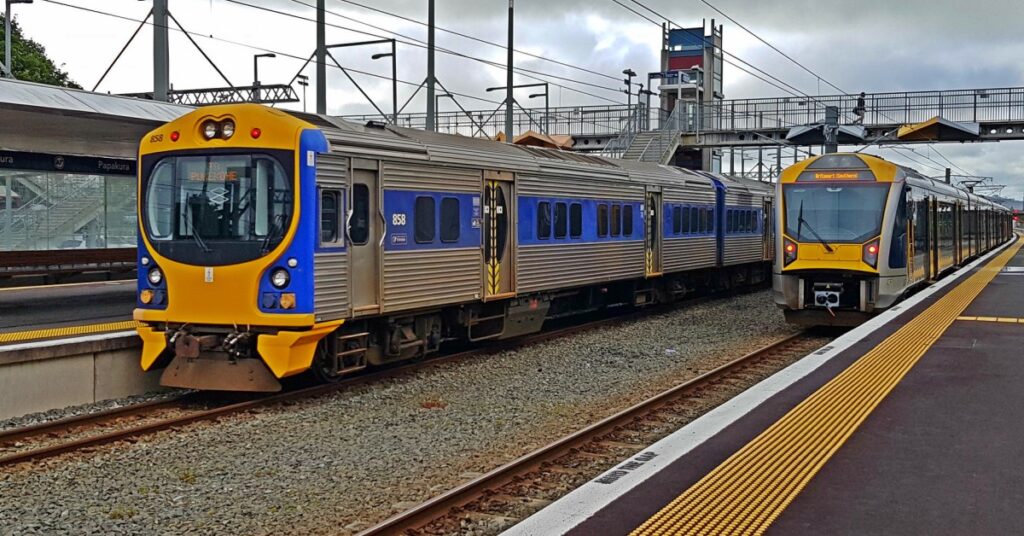Tag: shutdown
Auckland Metro Network Announces Christmas Shutdown
Infrastructure work across the Auckland metro rail network is set to ramp up over the Christmas period during a network wide shut down. As Aucklanders head out of the city on holiday, work on several…
Boeing Announces Second-Quarter Deliveries
The Boeing Company [NYSE: BA] announced today major program deliveries across its commercial and defense operations for the second quarter of 2020. "Our commercial airplane deliveries in the second quarter reflect the significant impacts of…
EasyJet Says Can Ride Out 9 Month Shutdown and Slow Recovery
FILE PHOTO: EasyJet planes parked at Luton airport after the airline grounded its entire fleet LONDON (Reuters) - EasyJet can survive a nine-month shutdown thanks to its measures to contend with the coronavirus crisis and…
Ferrari Extends Italian Plant Closures to April 14
MILAN (Reuters) - Luxury carmaker Ferrari <RACE> said on Friday it would extend the shutdown of its two Italian plants and reopen on April 14, provided it had supplies, and update 2020 forecasts in May…
BOC Aviation Expects Delivery Delay of up to 30 Jets
SINGAPORE (Reuters) - Aircraft lessor BOC Aviation Ltd said on Tuesday it expected up to 30 Boeing Co <BA> and Airbus SE <EADSY> jets that had been scheduled to arrive this year could be delayed,…
Southwest Airlines Cuts 2019 Growth Forecast
(Reuters) - Southwest Airlines Co cut its forecast for first-quarter revenue per seat mile on Wednesday, citing weak passenger demand and a $60 million hit to first-quarter sales from the longest partial U.S. government shutdown.…
Airbus Orders Decline as A380 Shutdown Questions Mount
Airbus acknowledged reports last Thursday that Quantas has cancelled an order for its 8 remaining A380 aircraft. The announcement comes on the heels of Emirates re-evaluating its decision to add on to its remaining Super…


